Photo by: Pixabay user soumen82hazra
Reducing the risks of emerging infectious diseases by catalyzing actions that bring us back into balance with nature.
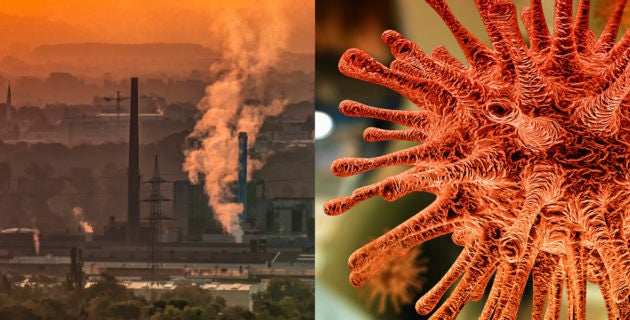
Coronavirus and Air Pollution
Emerging research suggests that breathing more polluted air over many years may worsen the effects of COVID-19.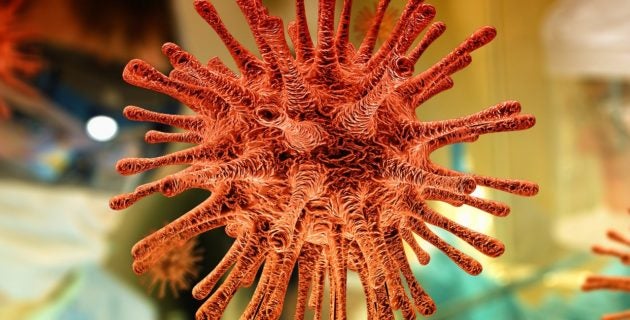
Coronavirus and Climate Change
Climate solutions are pandemic solutions.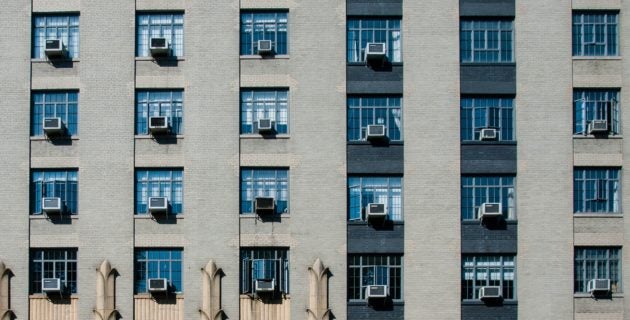
Coronavirus and Heatwaves
Planning resources for states, cities, and communities help individuals stay cool while physically distancing.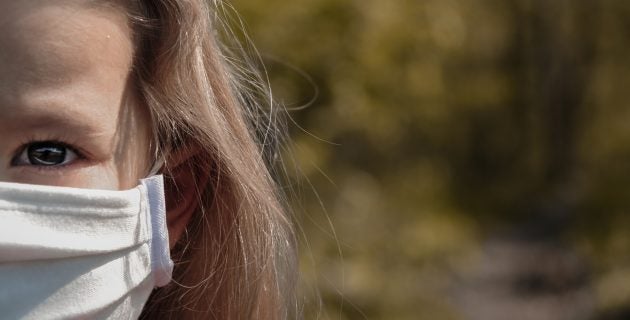
Preventing Pandemics at the Source
For a fraction of the cost of managing a pandemic after it starts, we can prevent another pandemic from ever emerging.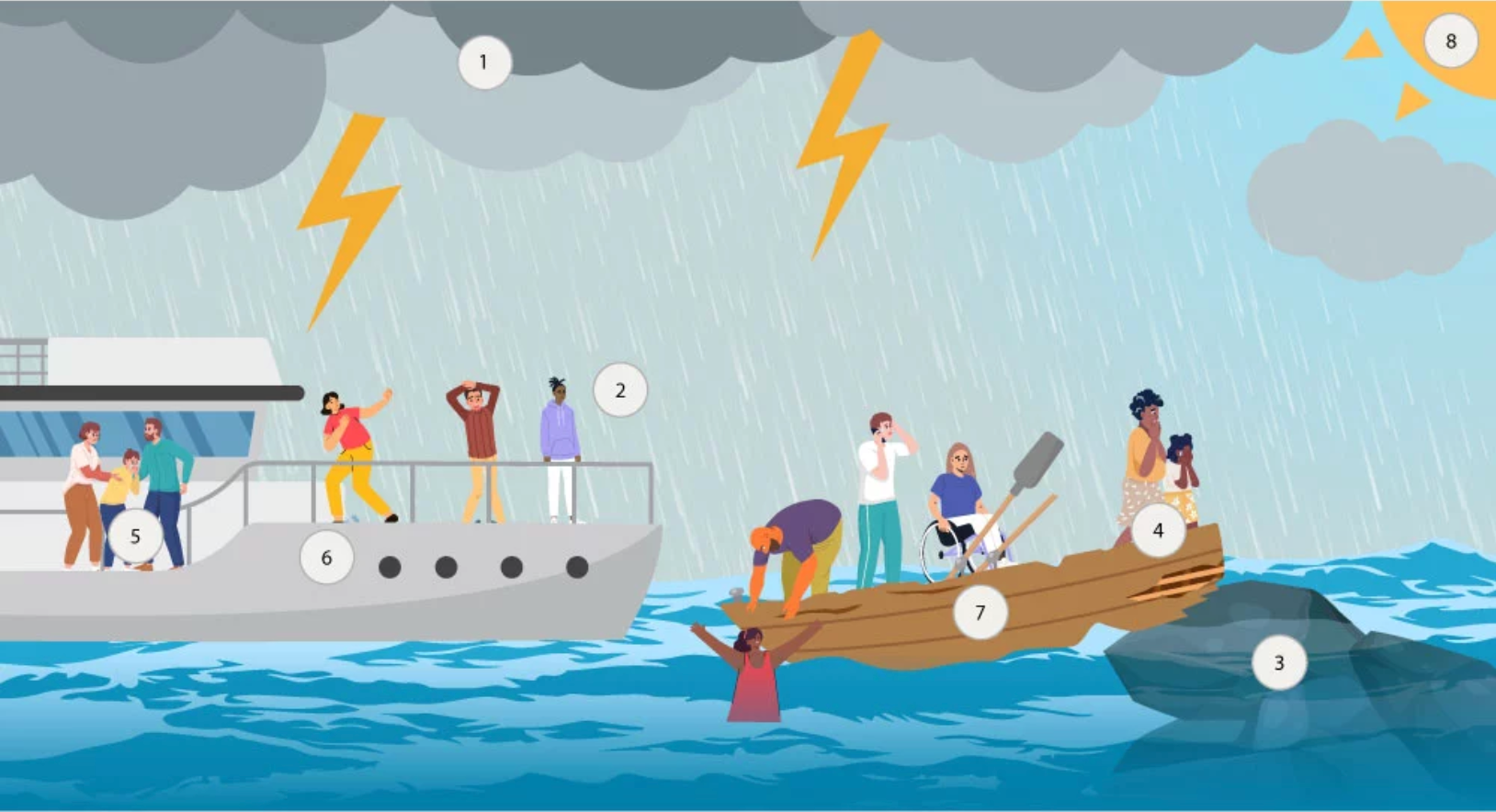
The 2022 Lancet Countdown on Health and Climate Change: Policy Brief for the U.S.
Climate change puts everyone at risk, but policy decisions and industry actions make some communities more vulnerable to the harms of climate change.
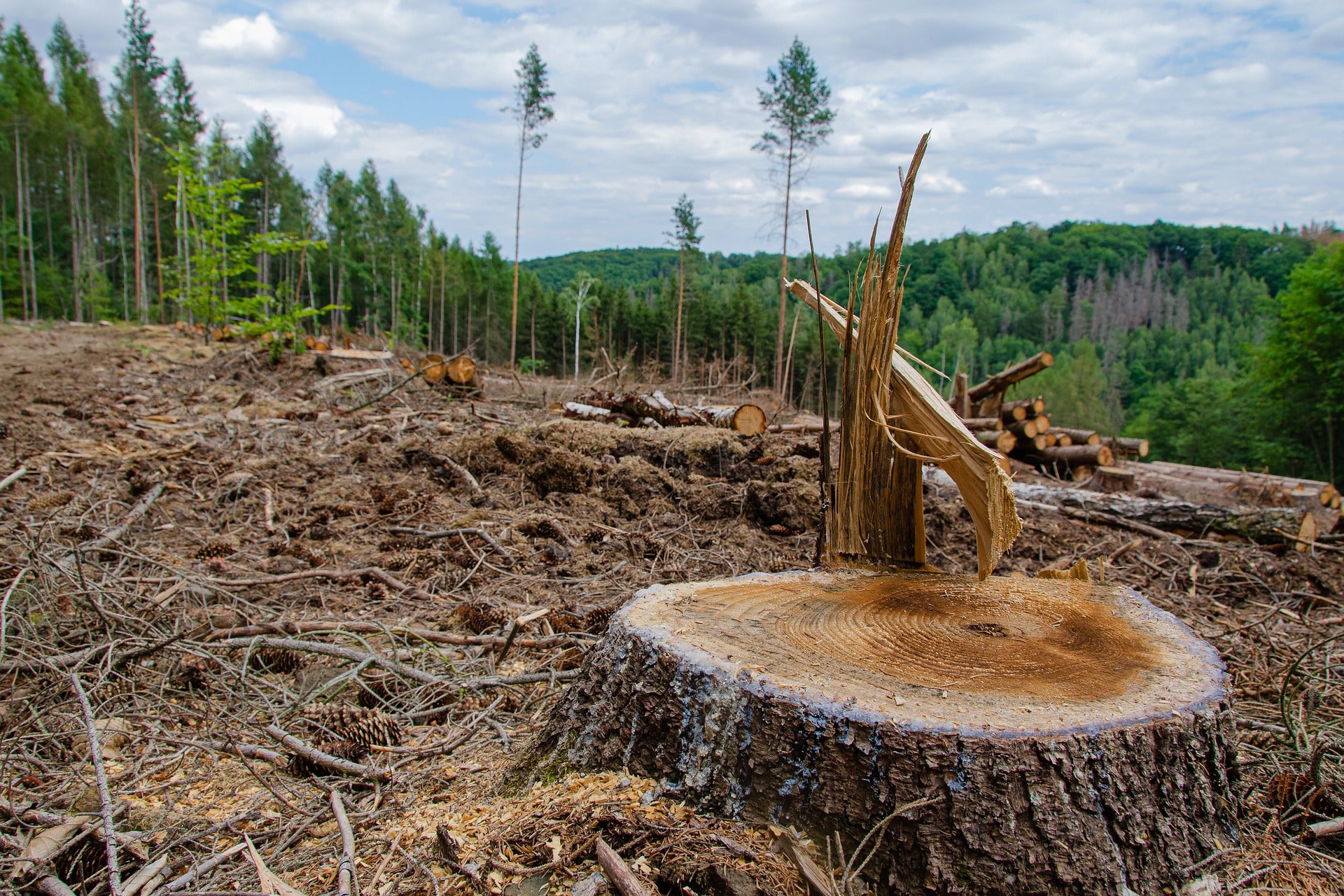
Protecting forests and changing agricultural practices are essential, cost-effective actions to prevent pandemics
Our new report outlines the strong scientific foundations for taking actions to stop the next pandemic by preventing the spillover of pathogens from animals to people.
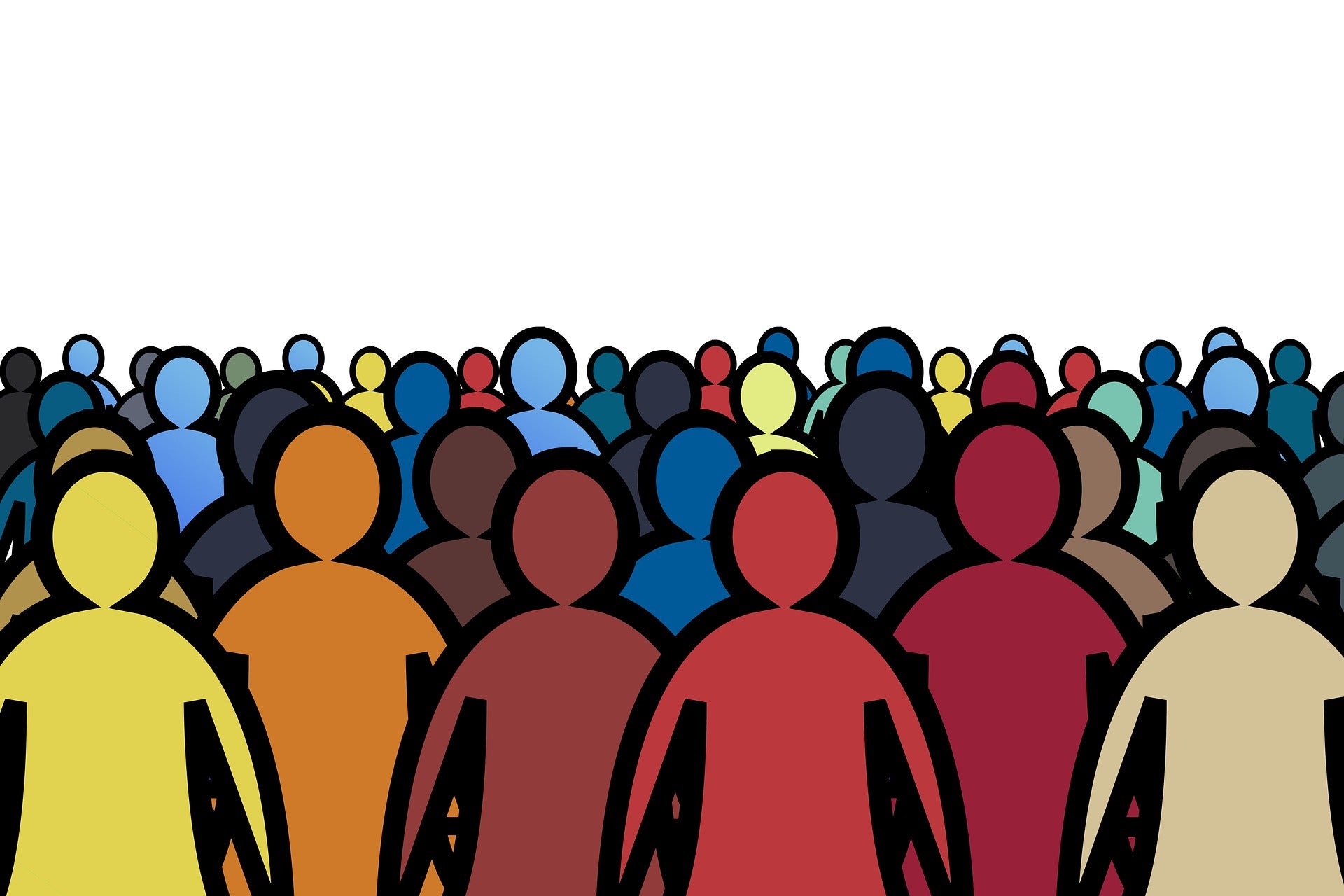
2020 Lancet Countdown on Health and Climate Change: U.S. Policy Report
COVID-19 shows how no one is immune from converging health crises and that millions of lives can be saved with climate action.
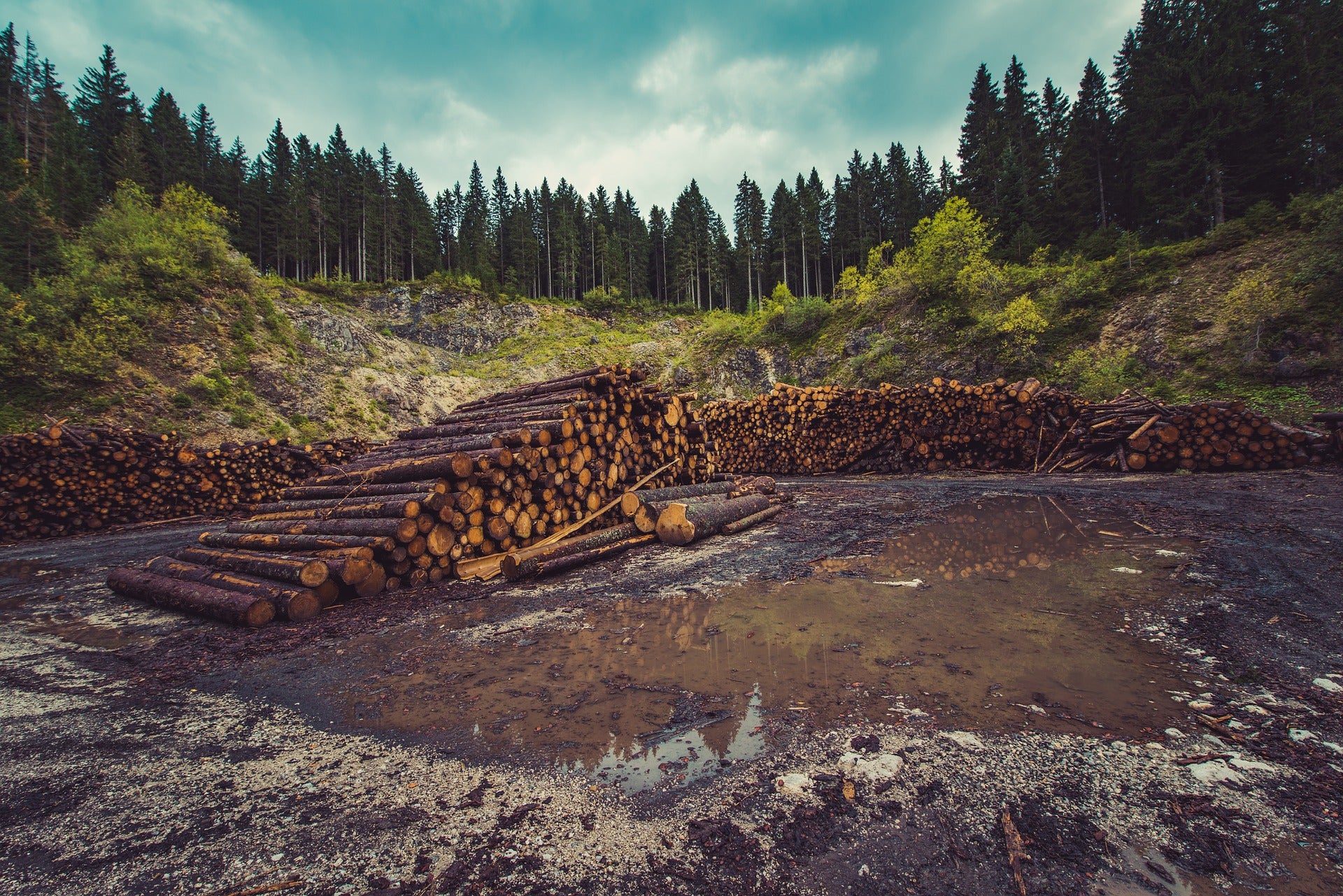
Solutions for preventing the next pandemic
The cost of preventing the next pandemic is 2% of the cost we’re paying for COVID-19.
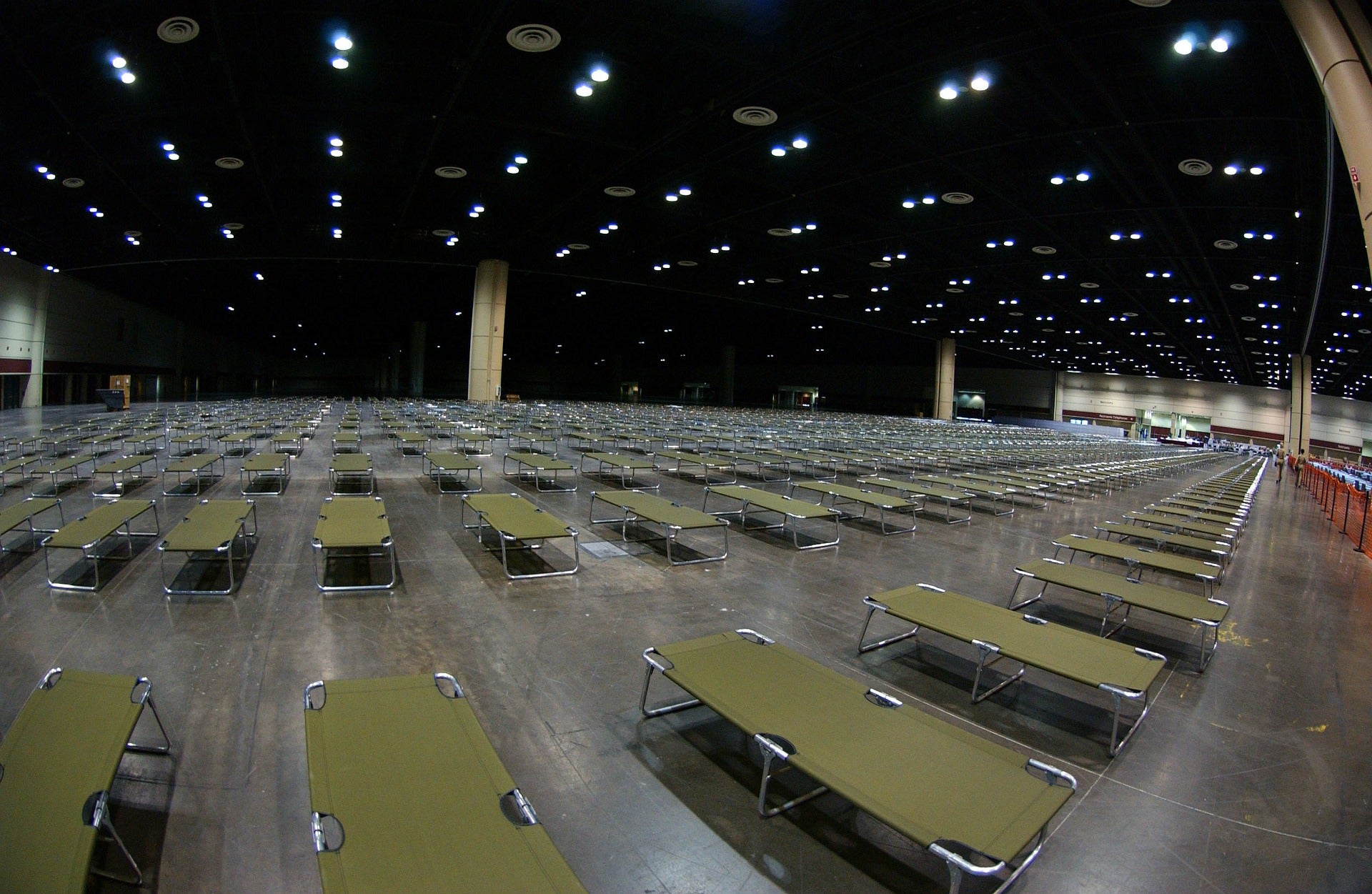
The climate crisis and COVID-19—A major threat to the pandemic response
Strategies for local communities and states to reduce the risk of COVID-19 transmission during climate-related extreme events like heat waves, hurricanes, and wildfires.
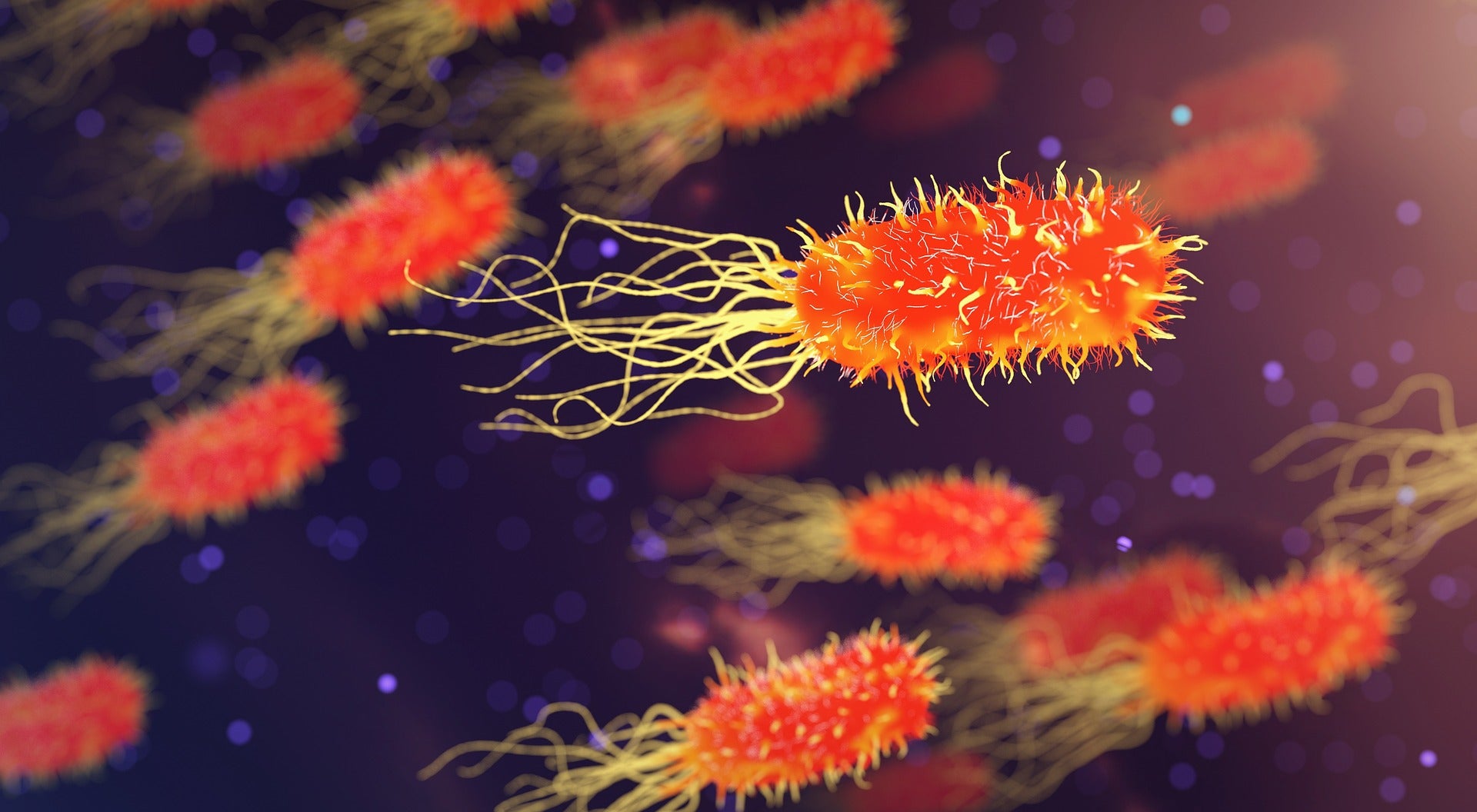
HIV, Ebola, SARS and now COVID-19: Why some scientists fear deadly outbreaks are on the rise
Scientists say that emerging outbreaks from wild animals may become more common
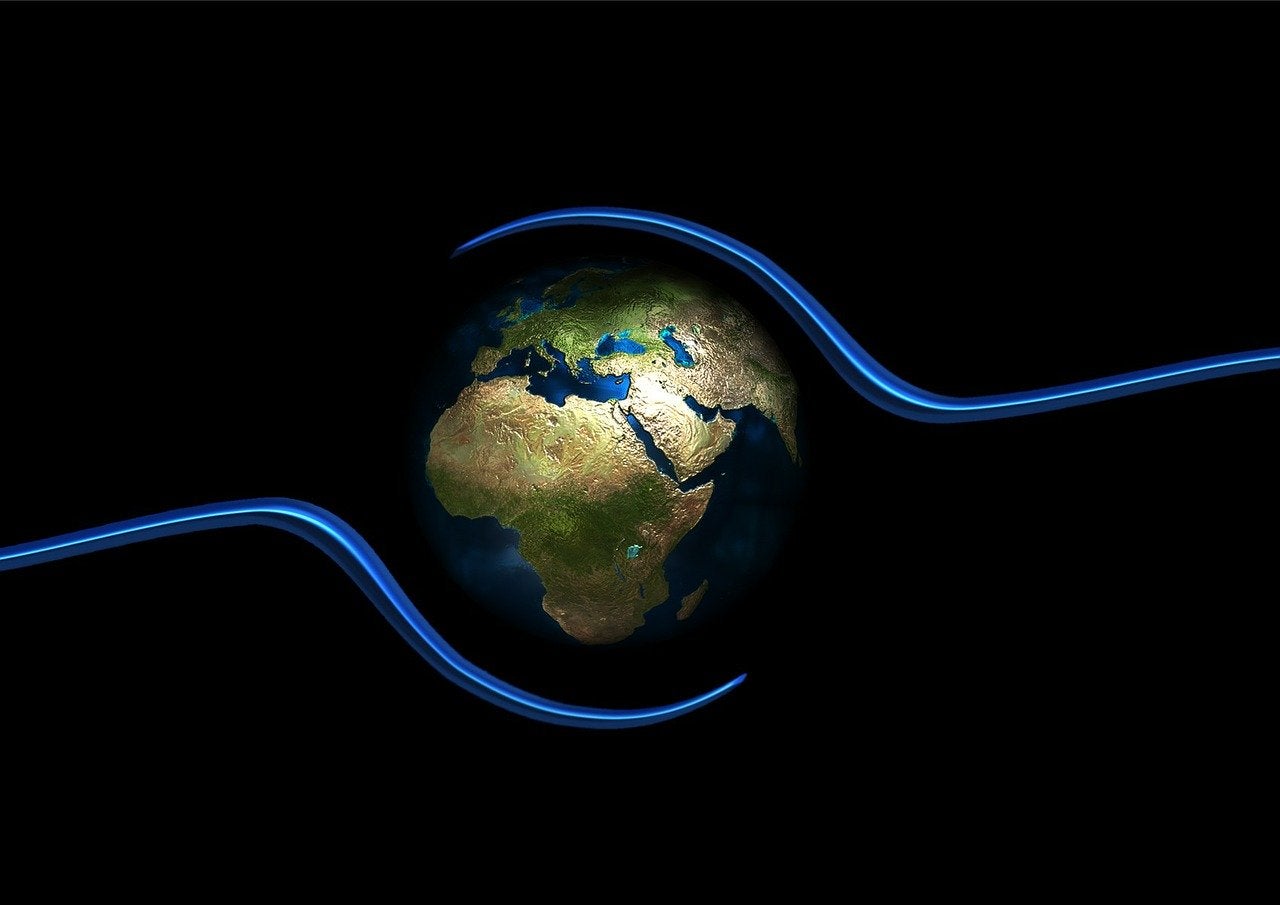
Professor sees climate mayhem lurking behind COVID-19 outbreak
Experts are making connections between environmental changes and coronavirus.
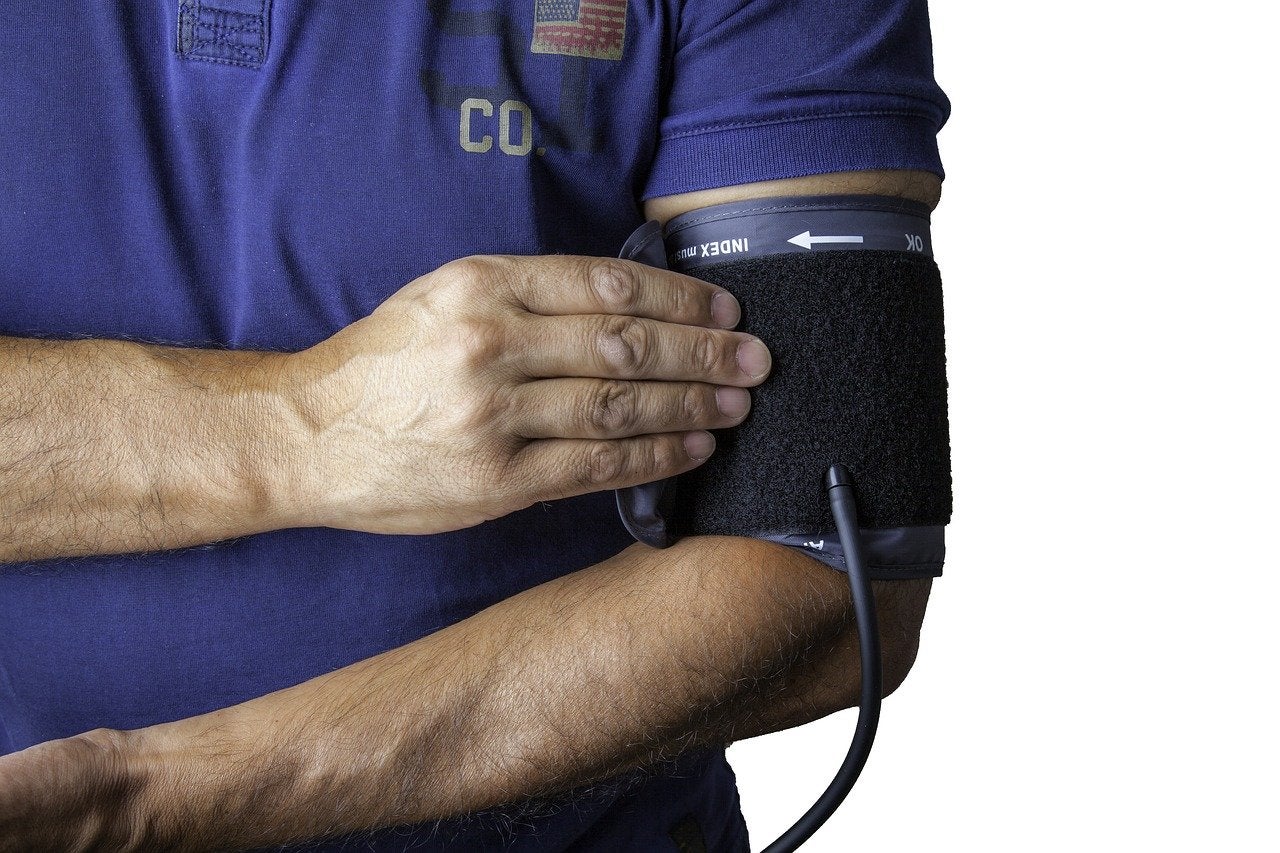
Furloughs, retirement cuts and less pay hit Mass. doctors and nurses as COVID-19 spreads
As coronavirus cases increase, health care workers begin to feel more anxiety.
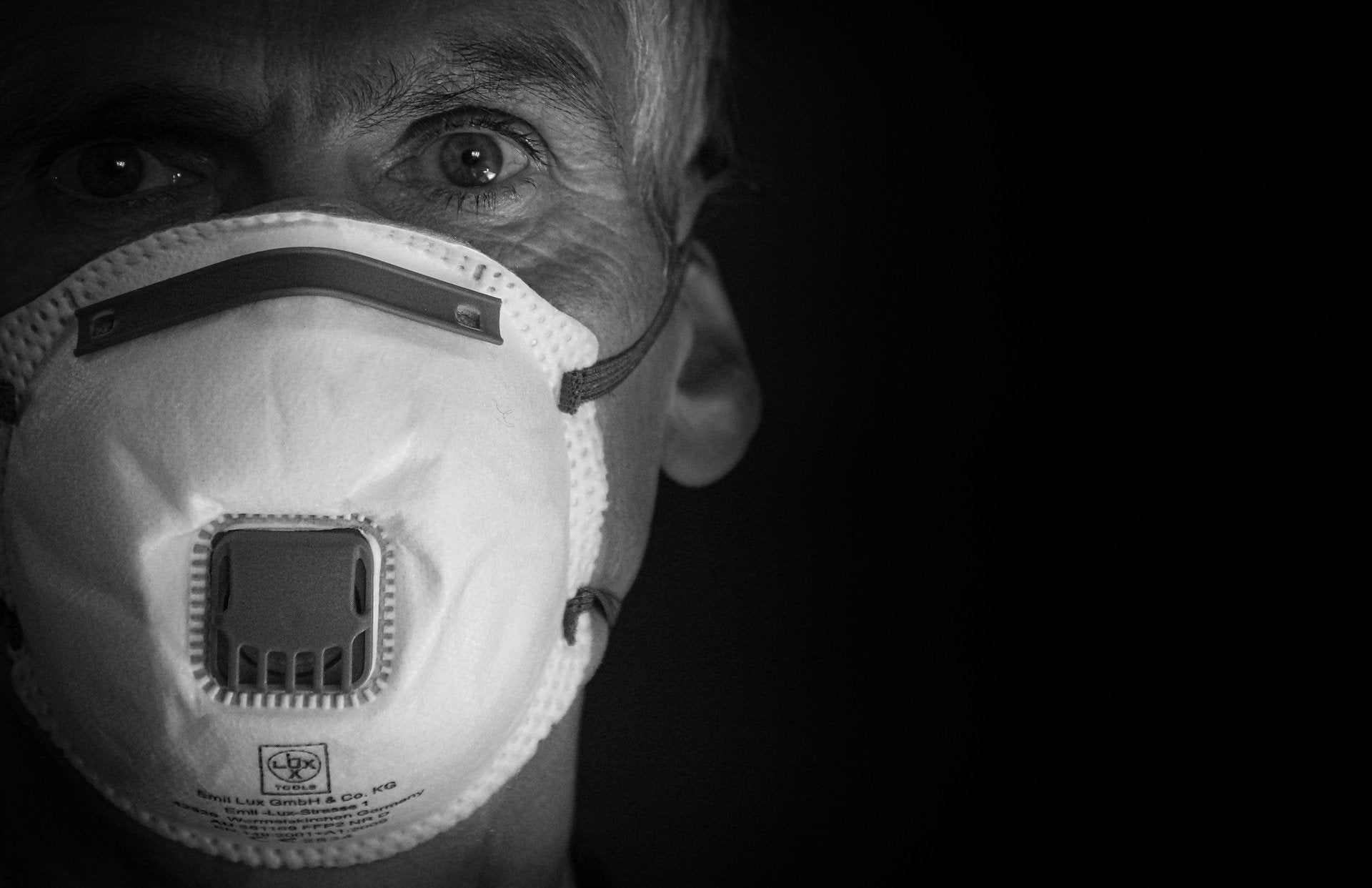
How air pollution makes the coronavirus so much more dangerous
People living in areas of air pollution are at an elevated risk of dying from COVID-19.

On the hospital front lines, conquering fear and finding hope
Our ClimateMD Leader and ER Doc Renee Salas on how she finds hope in the face of the COVID-19 pandemic.
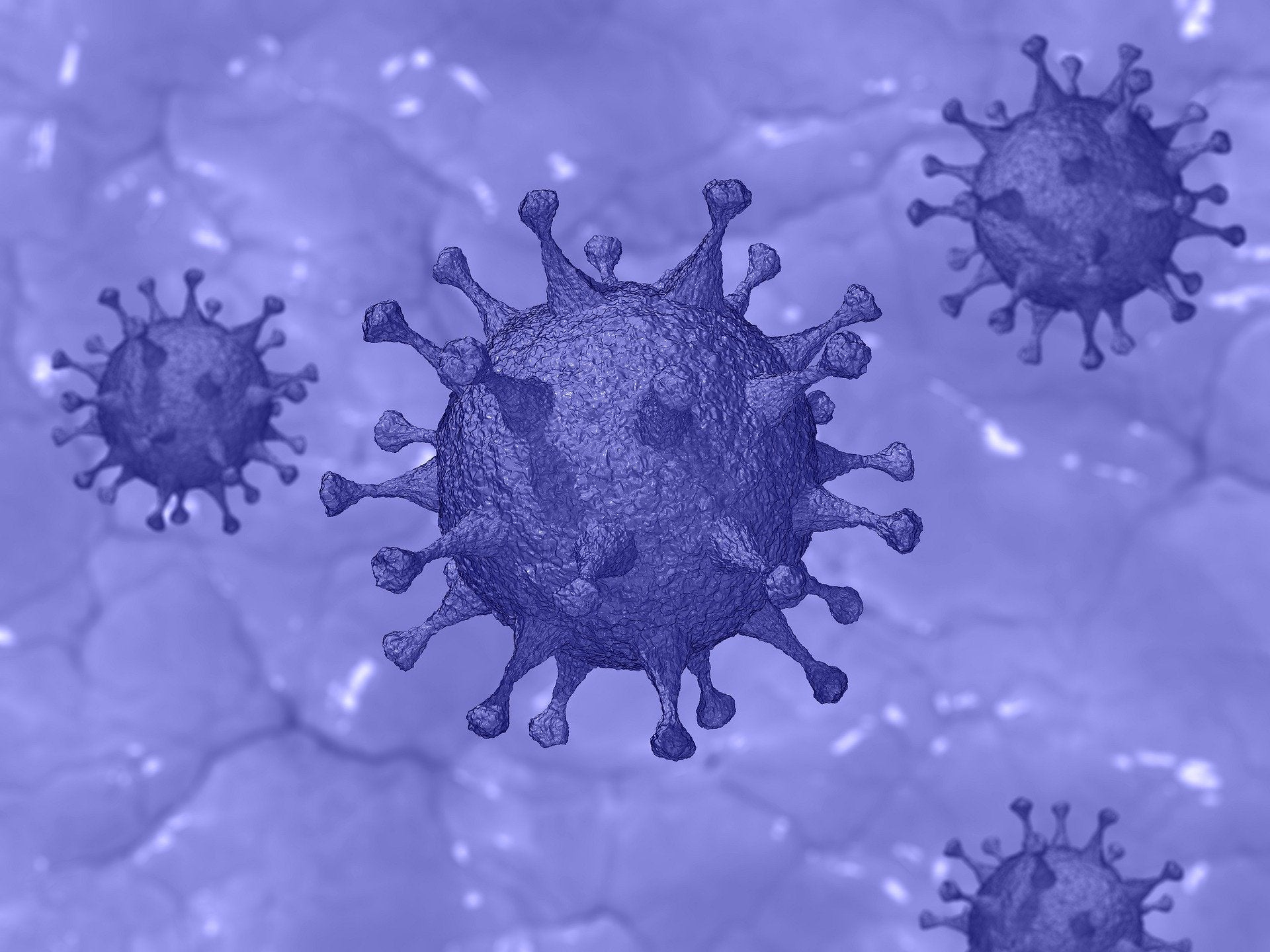
How climate change and wildlife influence the coronavirus
Although climate change is not directly linked to coronavirus, there are many ways climate change impacts the spread indirectly.
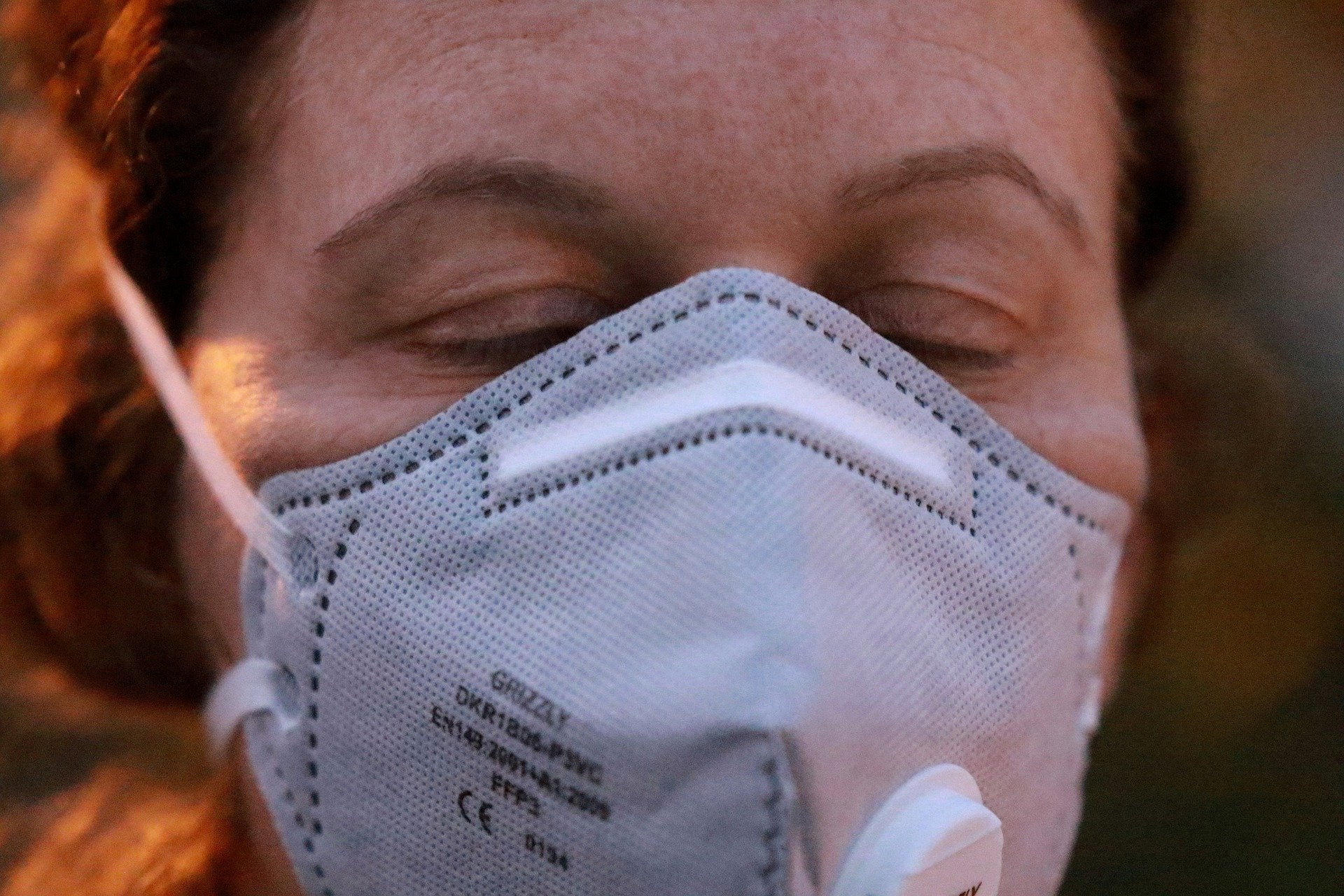
The link between fossil fuel pollution and coronavirus
Dr. Aaron Bernstein on how pollution makes us more vulnerable to coronavirus and other potential outbreaks.

How climate change increases our risk for pandemics
Our Director Dr. Aaron Bernstein discusses how deforestation contributes to pushing disease-carrying animals closer to humans.
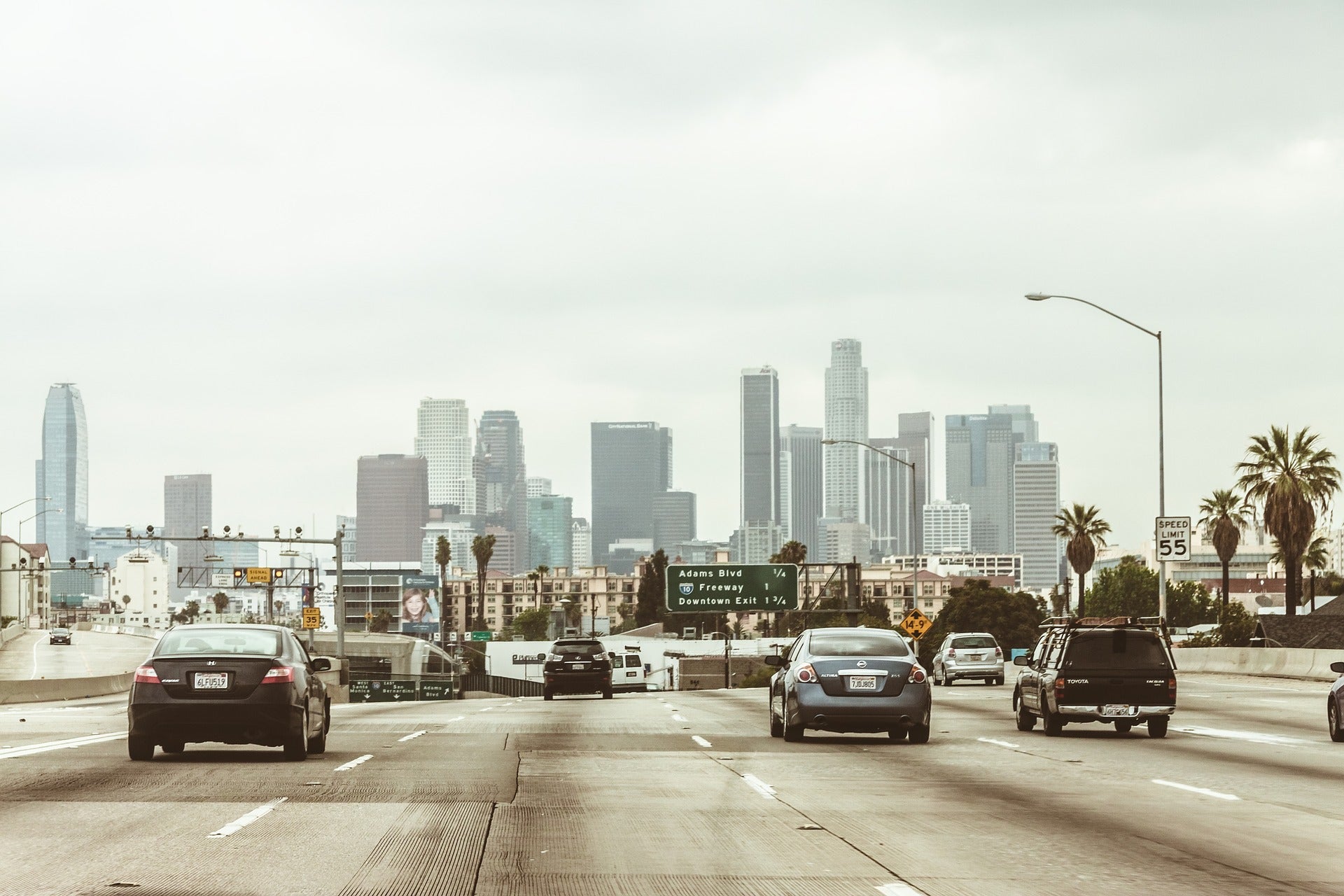
Does air pollution make you more susceptible to coronavirus? California won't like the answer
Californians live in the nation's worst polluted air, which could make them more vulnerable to coronavirus.
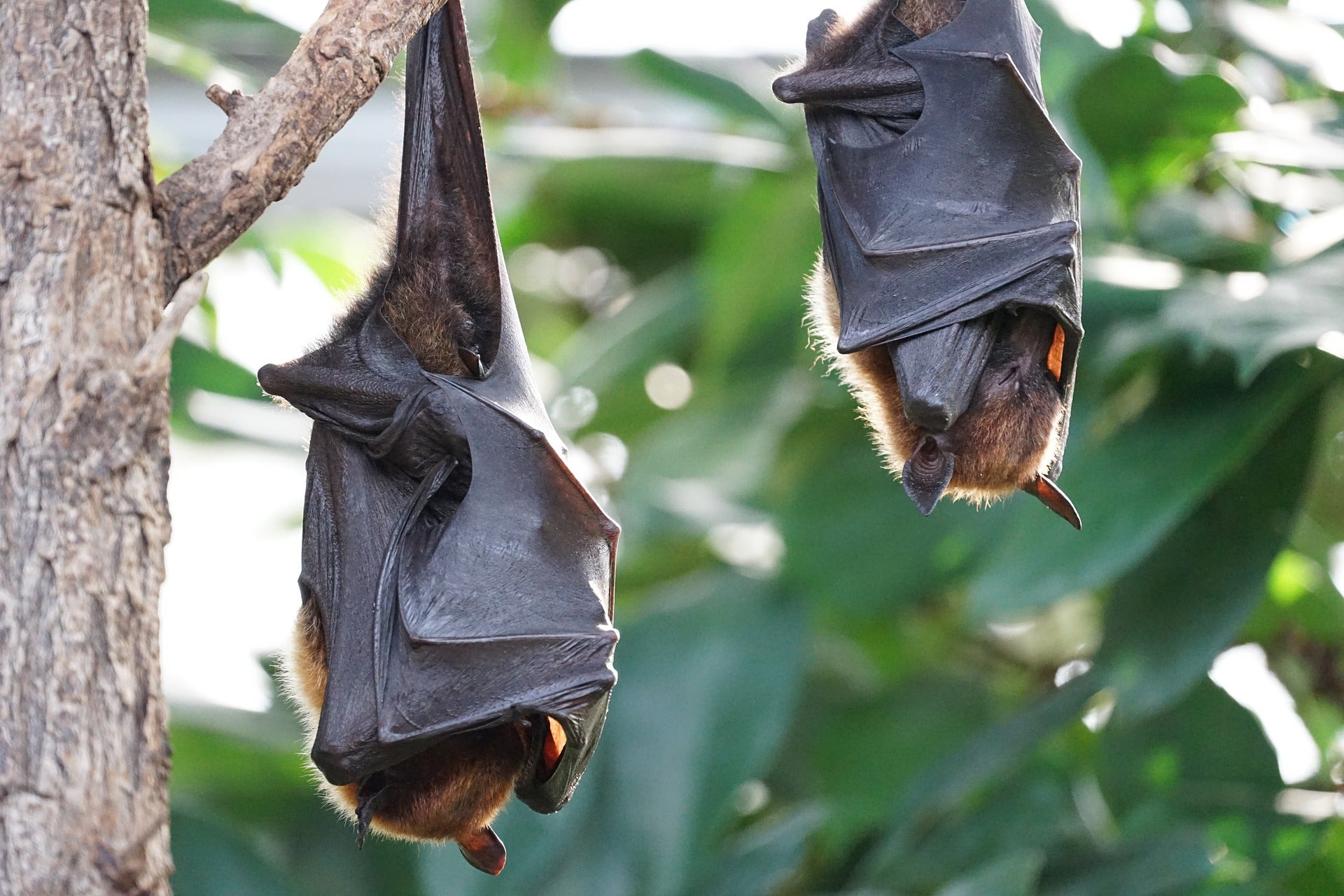
Coronavirus: 'Nature is sending us a message', says UN environment chief
Climate change and the destruction of animal habitats pushes animals closer to humans, increasing the risk of a disease outbreak.

Renee N. Salas MD, MPH, MS
Renee's work focuses on the intersection of the climate crisis, health, and healthcare delivery.
